Gastric Reduction Surgery
This process is meticulously planned taking into account the patient's health history, current condition and lifestyle. After the examinations, doctors select the most suitable method for the patient and start the surgical process. Gastric reduction surgery is planned individually to achieve the best results. In this way, patients have the chance to get rid of health problems and have a better quality of life.
Get Free Consultation
Chose Your Topic
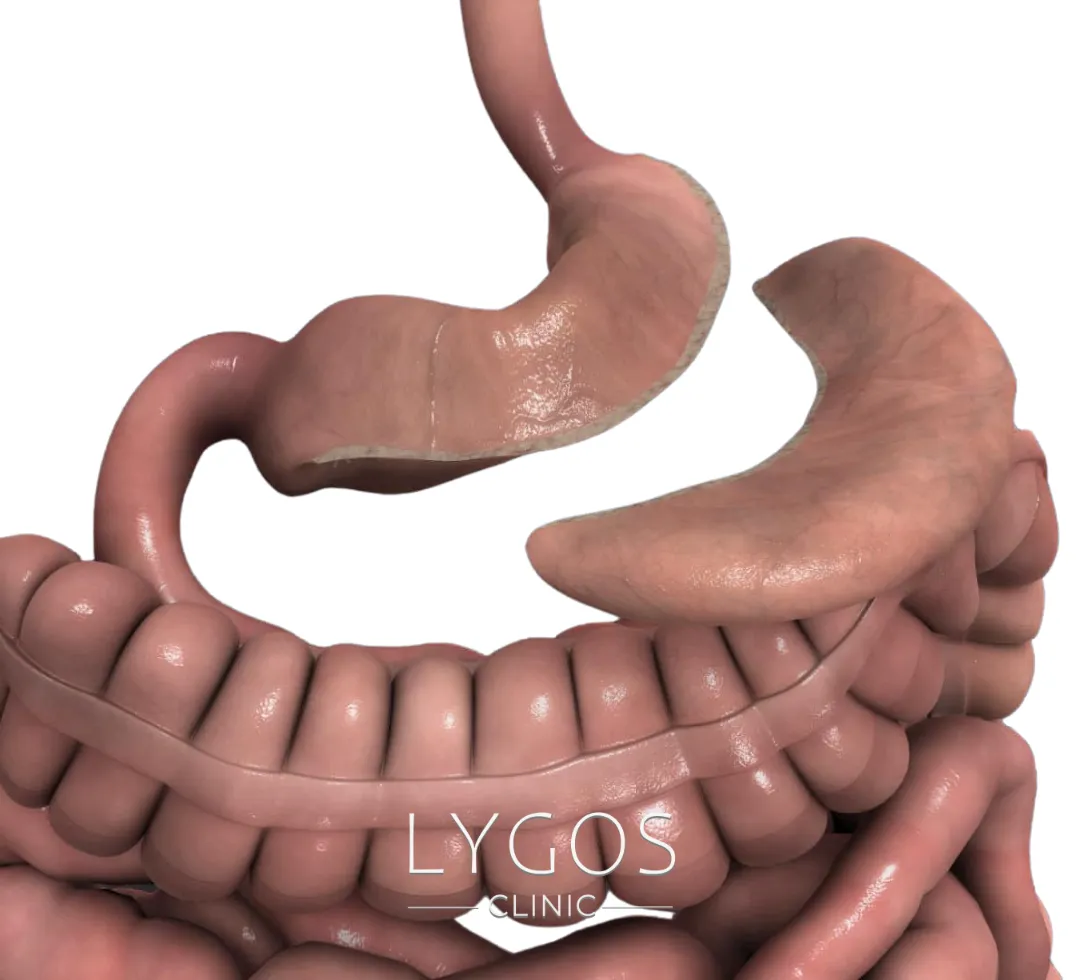
What is Gastric Reduction Surgery?
Gastric reduction surgery is a surgical intervention applied to people who cannot lose weight with diet and exercise and who struggle with the problem of overweight. This operation is performed by removing part of the stomach in order to ensure that the person reaches the ideal body weight.
In this way, the amount of food consumed is reduced and the person experiences a feeling of satiety by eating less. Over time, this leads to weight loss and excess weight is removed from the body. A minimum age of 18 is usually required for gastric reduction surgery. However, if there is a serious condition that threatens health, this surgery can also be performed on young people between the ages of 16-17 with the approval of a doctor.
The age factor is an important criterion for stomach reduction surgery. Therefore, this operation is generally not recommended for individuals aged 80 and over. Gastric sleeve surgery is performed by determining the most appropriate method by planning it individually. Specialized doctors evaluate the patient's health history and current condition by performing all examinations.
As a result of this detailed evaluation, the surgical method most suitable for the patient's needs is selected and the process is initiated. Gastric sleeve surgery allows patients to both get rid of their health problems and lead a better quality of life. This operation not only provides weight loss, but also allows patients to step into a healthier future by improving their quality of life.
How is Gastric Reduction Surgery Performed?
Gastric reduction surgery is a surgical intervention performed under general anesthesia. First, the patient is evaluated in detail and it is determined whether he/she is suitable for surgery. In this process, various health professionals such as an internist, psychologist, radiologist and dietician examine the patient. All necessary tests are performed and the experts evaluate the results.
On the day of surgery or the day before, the patient is admitted to the hospital and given the necessary medications before the operation. Gastric reduction surgery is performed by a team specialized in obesity treatment in a specially prepared operating room. Gastric reduction surgery is performed with a closed technique. In this method, approximately 70-80% of the stomach is removed using various special surgical instruments.
After the operation, leakage control is performed in about 24 hours and any complications are evaluated. This operation helps patients lose weight, improving their health and quality of life. Gastric sleeve surgery offers an effective solution to the problem of overweight and allows patients to lead a healthier life.
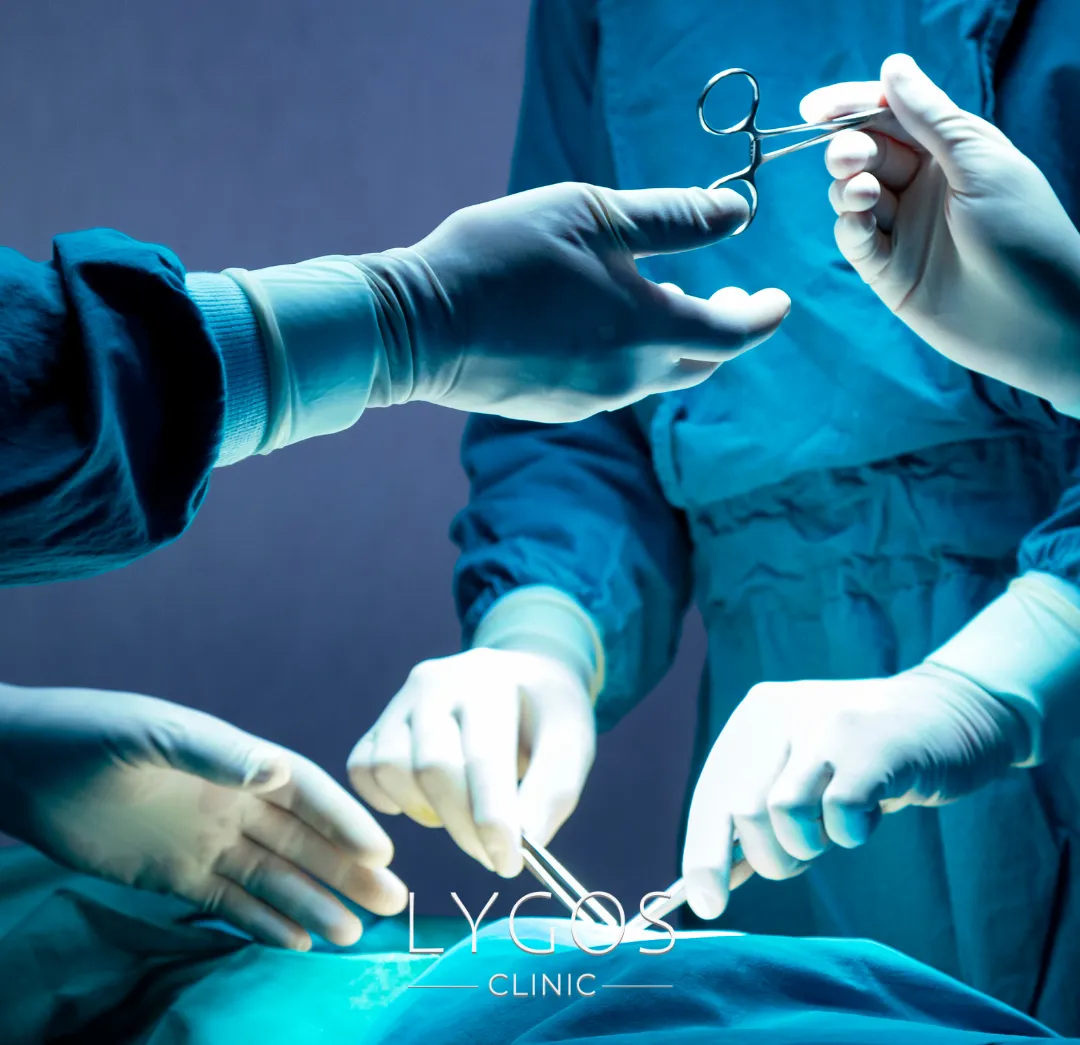

First Step
Various tests are performed to assess the patient's general health, medical history and weight status.

Second Step
The patient may need to follow a specific diet or do a bowel cleansing before surgery.

Step Three
The operation is performed under general anesthesia.

Step Four
Stomach reduction surgeries are usually performed laparoscopically (closed).
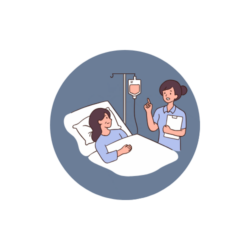
Step Five
The patient stays in the hospital for some time after surgery. Guidance is given on postoperative care, pain management and fluid intake.
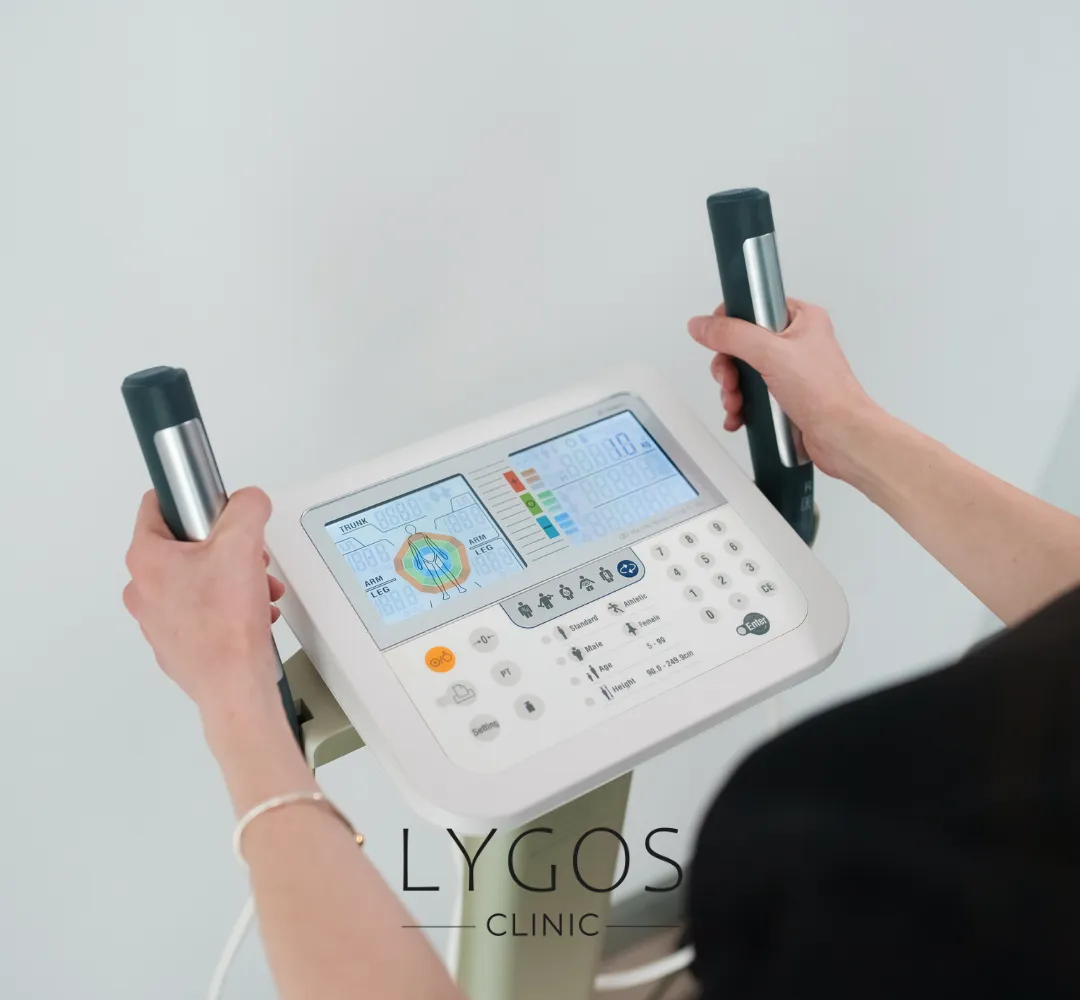
Who is Suitable for Gastric Reduction Surgery?
There are certain criteria for gastric reduction surgery. First of all, the patient must be between the ages of 18-80 and have a healthy body that can tolerate anesthesia. However, if there is a serious condition that threatens health, this surgery can also be performed on young people between the ages of 16-17 with the approval of a doctor.
Gastric reduction surgery is suitable for people with a body mass index (BMI) over 40. In addition, individuals with a BMI between 35-40 who have additional diseases related to obesity can also undergo this surgery. Patients with a BMI in the range of 30-35 and serious health problems such as diabetes or metabolic syndrome are also candidates for stomach reduction surgery.
This surgery offers an effective solution for individuals who have obesity-related health problems and cannot get results from other treatment methods. As a result, gastric sleeve surgery is a suitable option for patients who meet certain criteria and are healthy enough to tolerate anesthesia. This operation helps patients improve their health and quality of life by losing weight.
What are the Risks of Gastric Reduction Surgery?
Every surgical operation has certain risks. Gastric reduction surgery is no exception in this regard. These risks may vary from person to person and some patients may have more than one risk factor. Some patients may complete the process without any risk. Your doctor will give you detailed information about the possible risks before the surgery. So, what are the risks of gastric reduction surgery?
- Infection: There may be a risk of infection after surgery.
- Excessive Bleeding: There may be excessive bleeding during or after surgery.
- Sensitivity to Anesthesia: Some people may be sensitive to anesthesia.
- Respiratory or Lung Problems: Breathing difficulties or lung problems may occur after surgery.
- Blood Clotting: There may be a risk of blood clots.
- Fast Weight Loss: Rapid weight loss may occur after surgery.
- Problems Related to Rapid Weight Loss: Various health problems may develop due to rapid weight loss.
- Excess Skin and Sagging: Excess skin and sagging may occur due to weight loss.
- Intestinal Problems: Intestinal problems may occur after surgery.
- Rare Loss of Life: Although very rare, there is a risk of loss of life due to complications of surgery.
Non-Surgical Gastric Reduction
Obesity, one of the most common health problems of our age, continues to increase rapidly all over the world. Today, it is estimated that the spread of obesity will continue and this problem will grow even more. Research shows that interest in methods such as non-surgical gastric reduction surgery is increasing. So what is non-surgical gastric reduction?
Non-surgical gastric reduction and technological methods are among the most ideal options for people who are worried about having surgery. Therefore, stomach reduction methods, which are completely endoscopic and incision-free by entering the stomach through the mouth, have become popular. These new and effective methods are considered an important step in the fight against obesity without the need for surgical intervention.
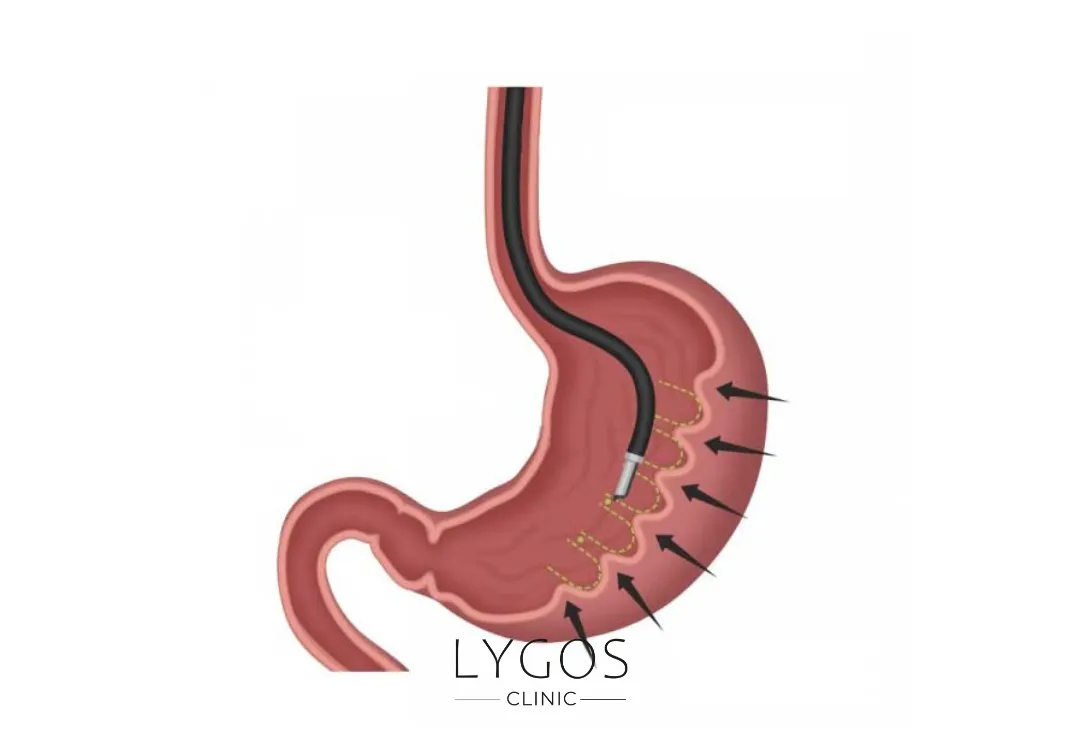

Gastric Reduction Surgery
Gastric reduction surgery patients live a healthier life. The protection of the digestive system to a certain extent also prevents possible problems. At the same time, patients who can perform basic functions comfortably start to live a healthy life. Especially people who get rid of situations that put their health at risk, such as joint pain and difficulty breathing, can move more comfortably.
Apart from the details above, the change experienced after surgery also affects those who undergo gastric reduction surgery psychologically. Patients who have a fit appearance feel happier and freer in their social lives as they improve both health and aesthetics.
Effects of Gastric Reduction Surgery
Effects of gastric reduction surgery may occur due to both the doctor and the patient. Failure to follow up regularly after the procedure or failure to follow the diet program may lead to undesirable results. At the same time, performing the surgery incorrectly can also cause harm to the patient.
Therefore, it is critical that a specialized and experienced doctor performs the surgery and that the postoperative rules are followed. The biggest effect of gastric reduction surgery is loss of life, although it is very rare. However, infection, bleeding, lung problems, blood clotting, sensitivity to anesthesia, excessive rapid weight loss, diarrhea, skin sagging, intestinal problems are among the damages of stomach reduction surgery.

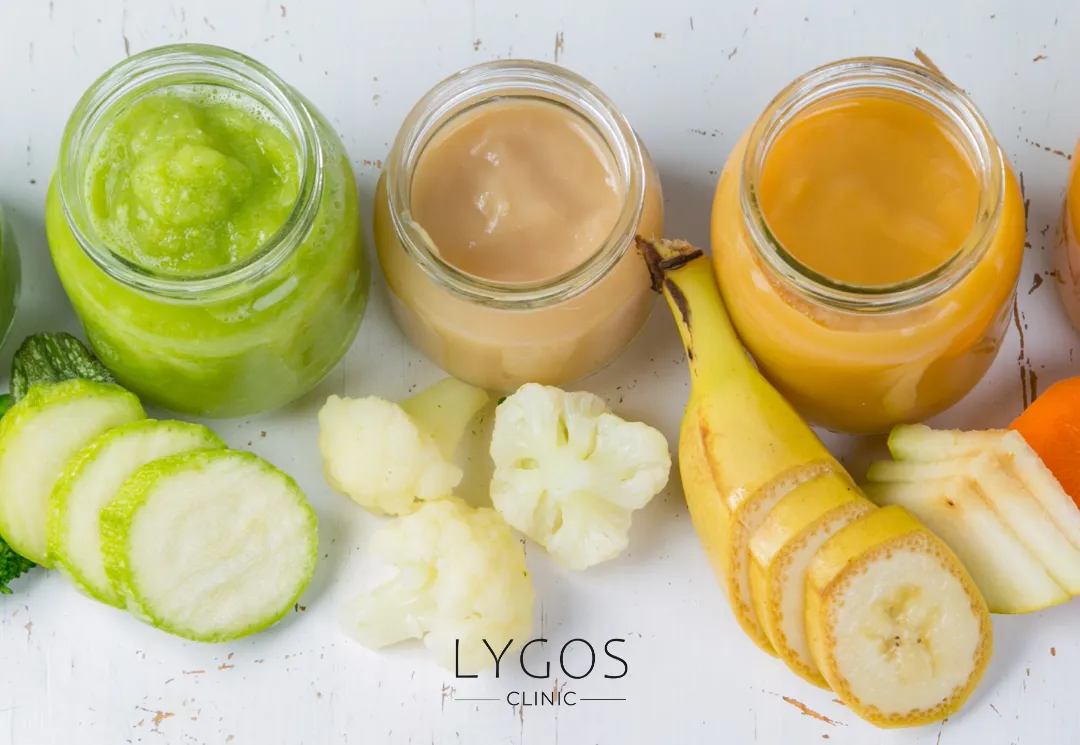
Nutrition After Gastric Reduction Surgery
Nutrition after gastric reduction surgery is the basis of the healing process and successful weight loss. For the first 15 days, patients are fed a liquid diet. This stage allows the stomach to heal without straining it. After the liquid diet, a pureed diet is started for about a month. After the pureed diet is completed, under the control of the dietitian and surgeon, normal foods can be gradually switched to.
However, in some cases, doctors may recommend that the patient stays on a pureed diet for longer. This process is important to protect the stomach and help the patient adapt to new eating habits. Following the nutrition program after gastric reduction surgery both accelerates the healing process and prevents possible risks.
Before and After Gastric Reduction Surgery
The change that occurs before and after gastric reduction surgery manifests itself in many ways. This procedure, which is one of the most ideal methods for the patient, generally does not cause any health problems if the doctor controls are regularly attended. It also protects the basic functions of the body. This allows the patient to continue his/her life smoothly before and after gastric reduction surgery.
People who complain of joint pain and cannot go out can get rid of the problems they experience thanks to this method. The patient, who turns into different people before and after gastric reduction surgery, gains a fitter and healthier structure. In this way, he also regains his self-confidence.


Gastric Reduction Surgery Costs
Gastric reduction surgery costs vary according to the needs of the patient. If the patient’s problem is treated with different methods, the costs are determined accordingly. At the same time, health problems experienced by the person can also affect the costs. Gastric reduction surgery costs may also increase according to the size of the patient’s problem. The cost of surgery performed by a specialist is higher.
Therefore, it should be carefully decided which doctor will perform the procedure. Gastric reduction surgery costs also vary depending on the quality of the hospital. Costs are usually higher in a hospital with high quality and state-of-the-art equipment. However, it should not be forgotten that the success rate will also be reflected in the costs. Therefore, gastric reduction surgery costs can increase with the right choice of hospital and doctor. If you want to get more detailed information on the subject, you can contact Lygos Clinic’s expert team.
Get a quote for stomach reduction surgery
The cost of gastric sleeve surgery can vary based on the methods used, the scope of the procedure, and the level of expertise required. For detailed information and a price quote, please contact our clinic directly.
Frequently Asked Questions About Gastric Reduction Surgery
BLOG

Is Breathing Through the Mouth Harmful?
Chose Your Topic Is Breathing Through the Mouth Harmful? Breathing is one of the most fundamental needs of life. However,

Does Rice Water Make Hair Grow? | Benefits of Rice Water
Chose Your Topic Does Rice Water Make Hair Grow? Natural methods in hair care have become quite popular in recent

Breast Lump | Types: Benign, Malign and Causes | LYGOS 2025
Breast Lump While cancer stands out as one of the most common health problems today, early diagnosis rates are also





